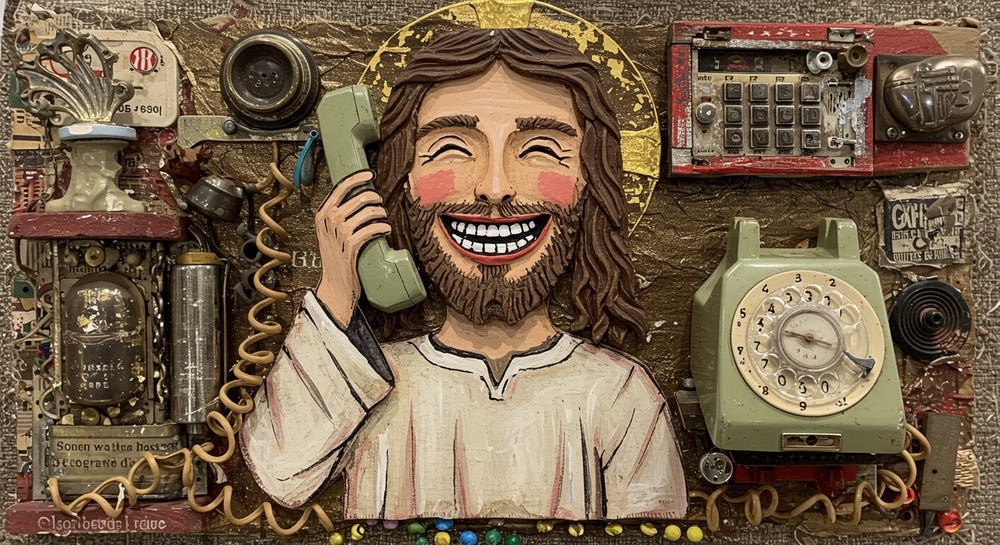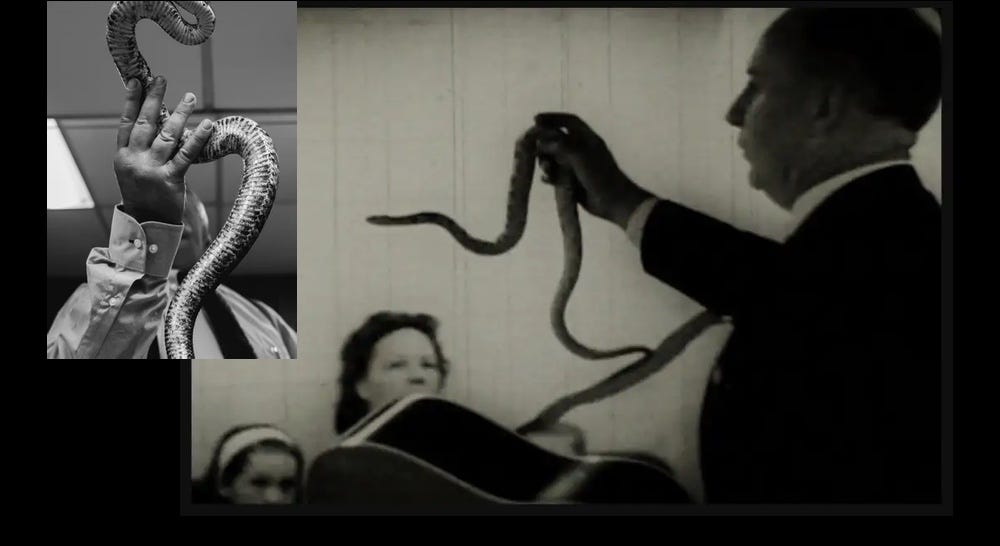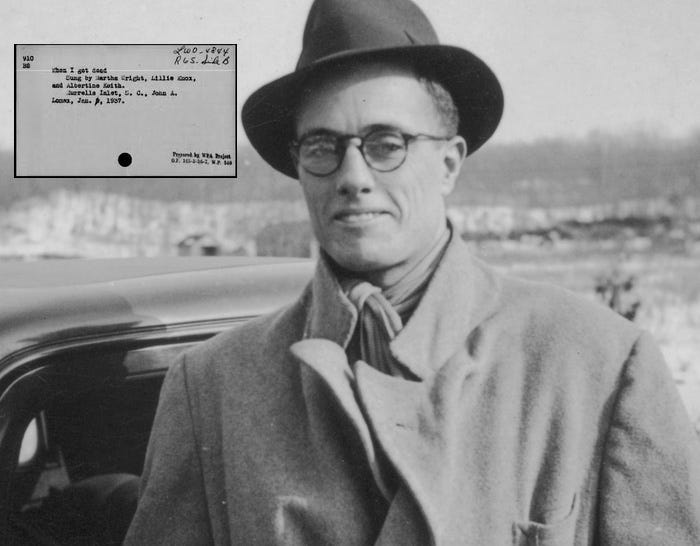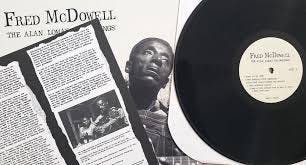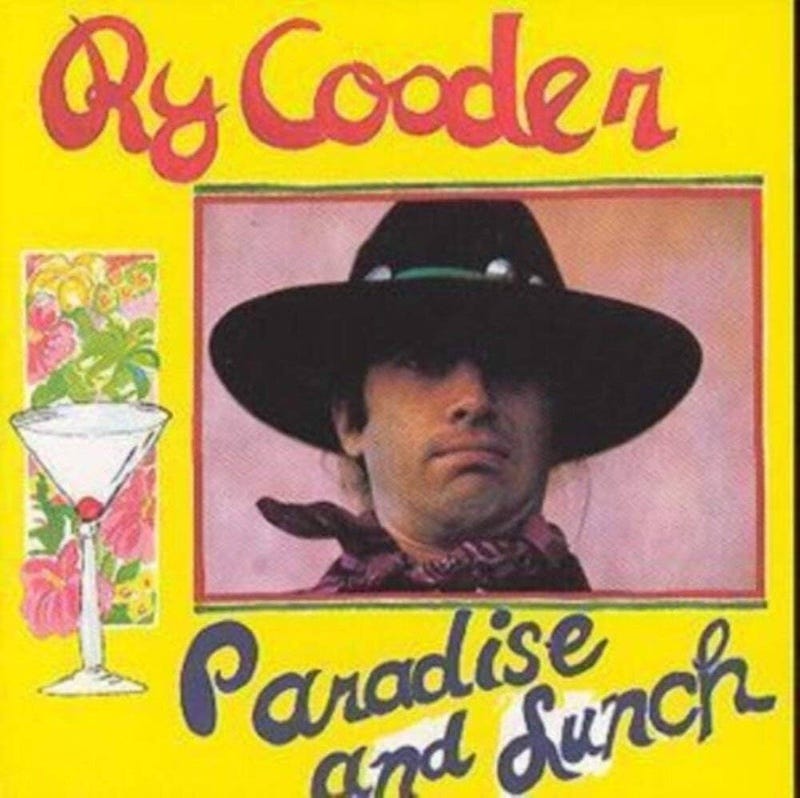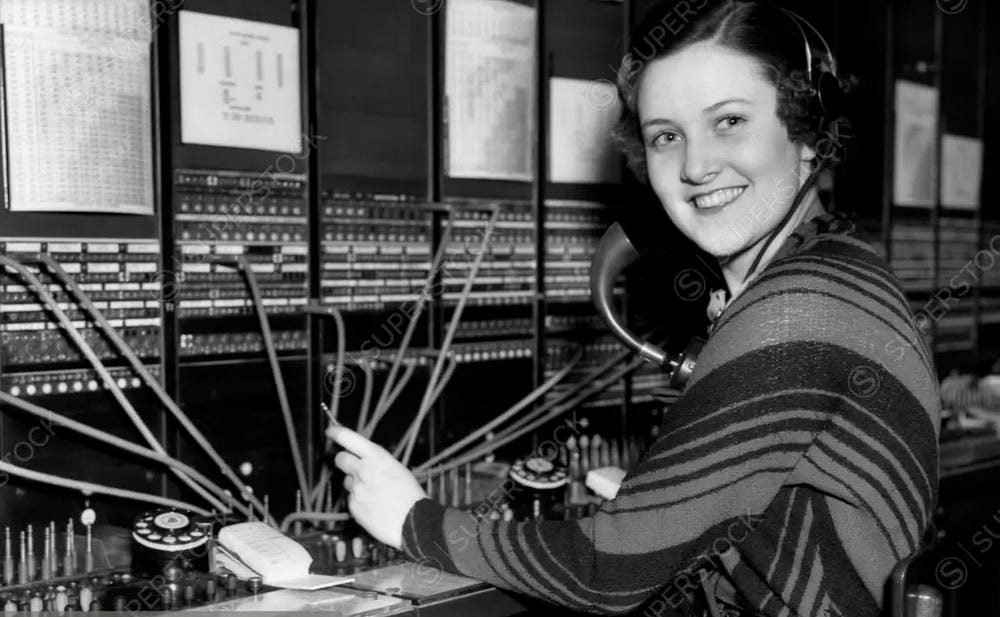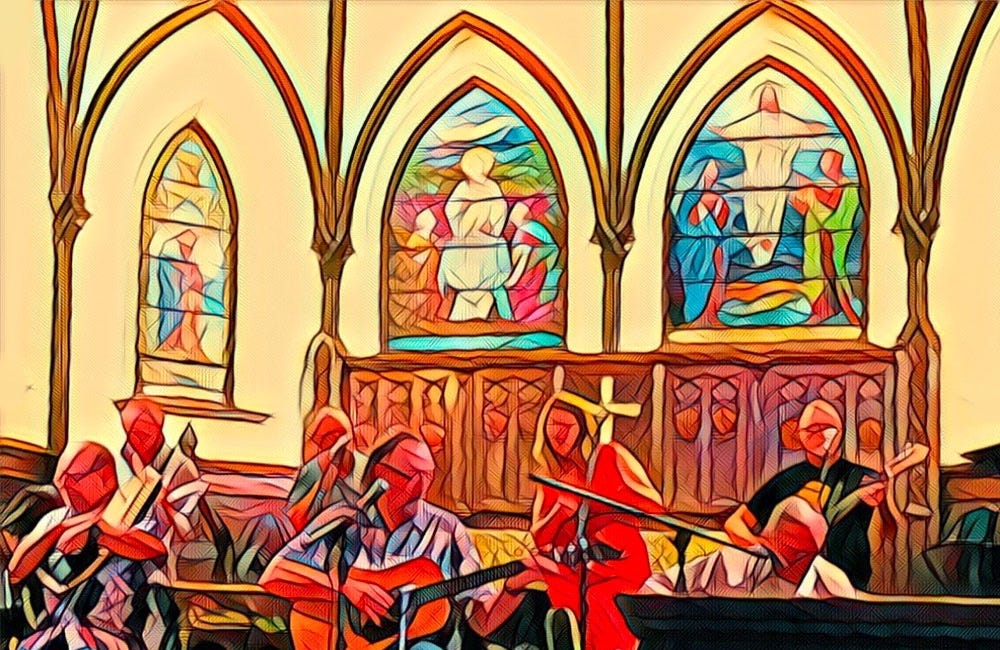Sixteen years ago this week, Dave Peyton performed his signature tune “Call Him Up (Jesus on the Mainline)” for what turned out to be the final time.
It was not that Dave had lost interest in the song; on the contrary, 40 years of shouting this rollicking gospel tune in assorted living rooms, at smoky parties and on concert stages with The Flood had taken its toll on Peyton’s voice.
Just how rollicking are we talking about here? Well, in the video below, check out this performance from early in Dave’s Flood life, his August 1978 rendering of the song at the conclusion of a concert at the Huntington Museum of Art:
Joining Dave and the band on stage that summer night for one of the public versions of the Bowen Bashes were Mack, Ted and Roger of The Samples Brothers and H. David Holbrook, Bill Hoke and Susan Lewis of The Kentucky Foothill Ramblers. Click the Play button above and just listen to how Dave’s voice soars and roars above all those instruments and other singers.
How Dave Learned the Tune
Peyton learned his version of this song while researching newspaper stories about snake-handler churches in West Virginia and eastern Kentucky.
In the early 1970s, Dave took the Bowens and friends, including members of the Kentucky Foothill Ramblers, on a excursion to Scrabble Creek in Fayette County, WV, to a Pentecostal community that had been featured in the 1967 film Holy Ghost People.
Some of the songs heard that night — such as “Soldier in the Army of the Lord” as well as “Jesus on the Mainline” — became part of the Bash crowd’s repertoire for the next decade.
The Song’s History
The song has been performed in numerous genres over the past 90 years, from Delta blues to rock, from folk and bluegrass to soul and New Orleans jazz.
The earliest known recording of it was John A. Lomax’s January 1937 field recording by Lillie Knox and Martha Wright in Murrells Inlet, S.C.
Later another Lomax — John’s son, Alan — recorded Fred McDowell singing the same song during a lengthy session in McDowell's home in Como, Mississippi, in September 1959.
“Mainline” also was a part of the civil rights movement in the 1960s, most notably as performed by Mavis Staples and her remarkable family.
Meanwhile, for a later generation of listeners, perhaps the best known version of the song was Ry Cooder’s rendition on his wonderful 1974 Paradise and Lunch album.
What is the “Mainline”?
On many of these albums, the song is listed as a “traditional” tune; however, music historians note the lyrics suggest the song is considerably newer than the usual traditional fare, that the lyrics were written in the 1920s or 1930s.
We know that because “Call Him Up” is about placing a long (l o n g !) distance call. The “mainline” in the lyric refers to a part of the old-school telephone system, when a telephone line connecting a customer’s phone to the major switchboard network.
In other words, the analogy was that callers didn’t need to wait for the operator to connect them because Jesus is always on the mainline.
That Final Performance
This article began with reporting the final performance of Peyton’s rendition of the song he always called “Call Him Up.” Click the button below to hear that later version of the song, as performed at a party of the home of the late Norman and Shirley Davis in June 2009.
As you'll hear, by the end of the tune, one of the party-goers had found a makeshift "snake" to make an appearance, not, as he says, for The Rapture, but "The Rupture." Fun night.
Meanwhile, More Music, You Say?
If all this has you longinf for more songs from Brother Peyton, boy, do we have you covered! Just visit the free Radio Floodango feature and tune into the David Channel.
Then just sit back and enjoy a randomized playlist of tunes spanning the 40 years of Dave’s Floodishness.
And if it’s more of The Flood’s take on religious music that has you curious, we can handle that too. Among the “Special Blends” set aside in Radio Floodango is Gospel Hour. Click the link below to read all about it.
Gospel Hour
It is a Flood trope: We wrap up one of the band’s saucy little hokum numbers, and then someone mutters, “Well, there’s aNOTHer tune we can’t do in church…”


